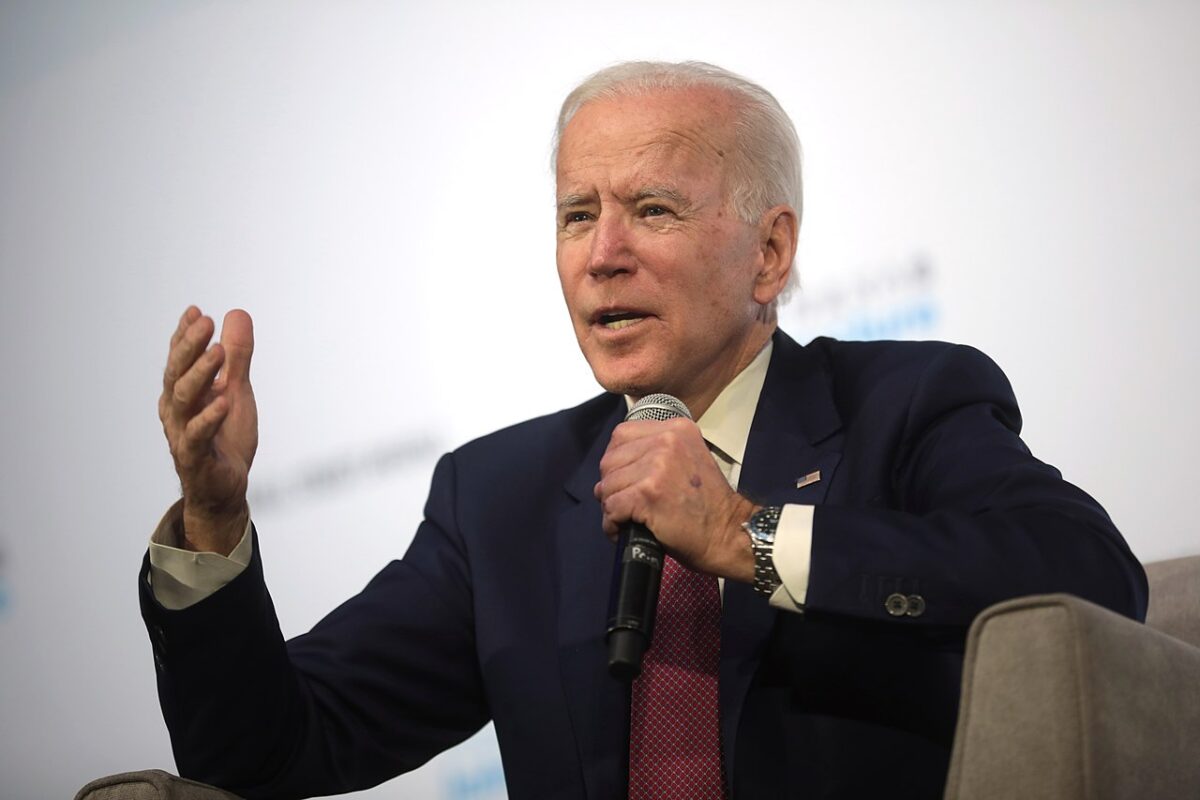During the latest cross-border war pitting Israel against Hamas in the Gaza Strip, U.S. President Joe Biden and Israeli Prime Minister Benjamin Netanyahu were in constant communication, taking to each other on the phone at least six times during the course of the eleven-day conflict.
Biden was taken completely surprised by the outbreak of hostilities. Having previously focused his attention on battling the coronavirus epidemic, rebuilding the U.S. economy, returning to the Iran nuclear agreement, and dealing with foreign adversaries such as China and Russia, Biden hardly expected to be drawn into the morass of Israel’s protracted conflict with the Palestinians
Nor was he particularly interested in becoming directly embroiled in the often futile and thankless task of trying to foist peace on Israel and the Palestinians, who have been hopelessly at odds for more than a century now.
But when the fourth war in Gaza broke out, he had not choice but to plunge in and play the role of peacemaker.

Before Biden made his first call to Netanyahu, U.S. State Department spokesman Ned Price set the tone of the United States’ response to the fighting. Expressing concern over the escalating violence, and urging Israel and Hamas to exercise restraint, he said, “Israel has the right to defend itself and to respond to rocket attacks. The Palestinian people also have the right to safety and security, just as Israelis do.”
As Hamas rockets rained down on Israel and as the Israeli Air Force struck back in retaliatory raids, Secretary of State Antony Blinken, Deputy Secretary of State Wendy Sherman and National Security Advisor Jake Sullivan delivered the same message to their counterparts in Israel.
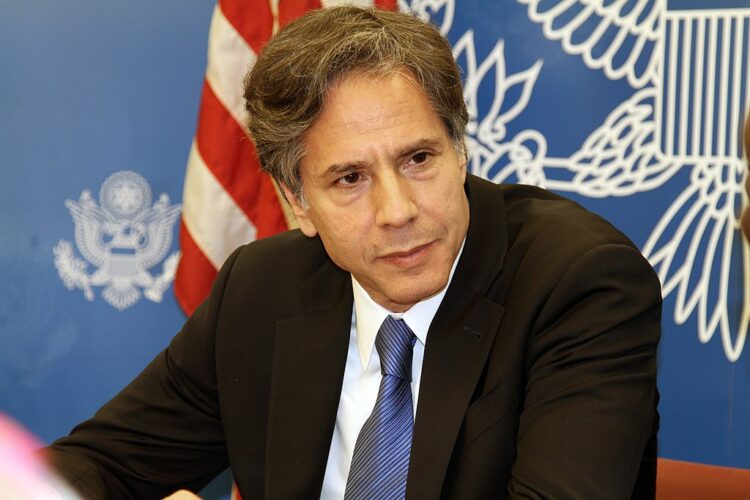
On the second day of the war, Biden declared his “unwavering support” for Israel’s right of self-defence and condemned the rocket attacks, but voiced the hope that it would end “sooner rather than later.”
The following day, Biden said he did not believe Israel had overreacted significantly, but dispatched the deputy assistant secretary of state for Israeli and Palestinian affairs, Hady Amr, to sound out the Israeli government and the Palestinian Authority.
On May 17, Biden expressed support for a ceasefire, while reiterating Israel’s right to defend itself. Biden adopted this position for three reasons.
Twenty eight Democratic senators, representing more than half of the party’s caucus, posted a public letter calling for a truce. The effort was led by Jon Ossoff, the first Jewish senator elected from the state of Georgia.

Senator Bob Menendez, the chairman of the Foreign Relations Committee and a staunch supporter of Israel, issued a statement saying he was “deeply troubled” by the scale of Israel’s air strikes.
In the meantime, several members of the party’s progressive wing, led by Alexandra Ocasio-Cortez, accused Israel of gross human rights violations against Palestinians and of being an “apartheid state.” She and some of her colleagues in Congress were behind a campaign to delay a $735 million sale of precision-guided missiles to Israel.
Senator Mitch McConnell, the Republican Party minority leader, blasted Ocasio-Cortez and urged Biden to resist pressure from progressives who create “a false equivalence between terrorist aggressors and a responsible state defending itself.”
As the war escalated in intensity, the United States thrice blocked a United Nations statement, sponsored by China, Norway and Tunisia, calling for an immediate ceasefire.
On May 18, Biden warned Netanyahu he could no longer fend off criticism of Israel’s air campaign, The New York Times reported. The next day, Biden told Netanyahu he expected “a significant de-escalation on the path to a ceasefire” so that a “sustainable calm” could be attained.
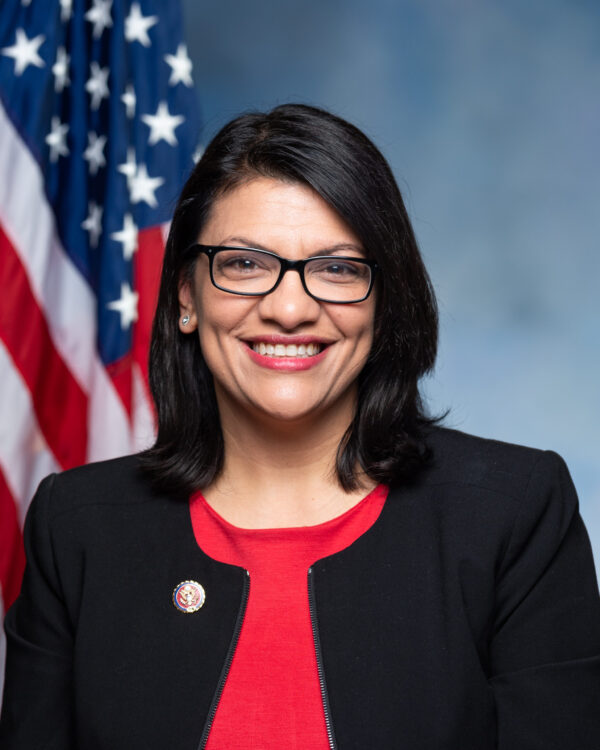
On the same day, Biden visited a Ford factory in a Detroit congressional district held by Rashida Tlaib, the sole Palestinian member of the House of Representatives. A fervent advocate of the Palestinian cause, she confronted Biden on the tarmac of Detroit’s airport. Charging that Israel was committing war crimes, she told him he had to do more to protect Palestinians.
Once a truce was in place on May 21, Biden, a longtime supporter of Israel, assured Netanyahu that his party “still supports Israel” and warned that peace would remain elusive unless its Arab neighbors unequivocally acknowledged its right to exist as “an independent Jewish state.”
In addition, Biden announced he would participate in efforts to rebuild Gaza, work against plans by Hamas to rearm, and promote a two-state solution, which he described as “the only answer” to defusing Israel’s struggle with the Palestinians.
Biden’s full-throated endorsement of Palestinian statehood was hardly surprising. Two months ago, the media reported that the Biden administration would endorse a two-state solution based on the pre-1967 lines and mutually agreed land swaps.

This proposal was contained in a memo written by Hady Amr, who served in President Barack Obama’s administration. If enacted, it would greatly diverge from President Donald Trump’s peace plan, which broadly envisioned a territorially disconnected Palestinian state in 70 percent of the West Bank, with its capital in a suburb of Jerusalem.
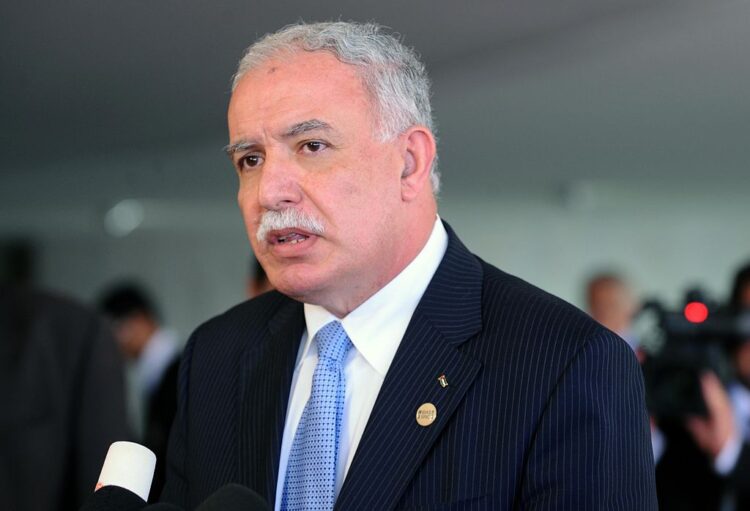
The memo was released several months after the Palestinian Authority’s foreign minister, Riyad al-Maliki, let it be known that the Palestinians are ready to renew peace negotiations with Israel with no preconditions. During Obama’s presidency, Israel and the Palestinian Authority engaged in peace talks, but they collapsed after little more than a year.
Since Maliki’s speech, Biden and Palestinian Authority President Mahmoud Abbas have exchanged letters and U.S. diplomats have met privately with Palestinian officials.
It’s clear that Biden intends to adopt a more balanced and nuanced approach to Israel’s seemingly intractable dispute with the Palestinians.
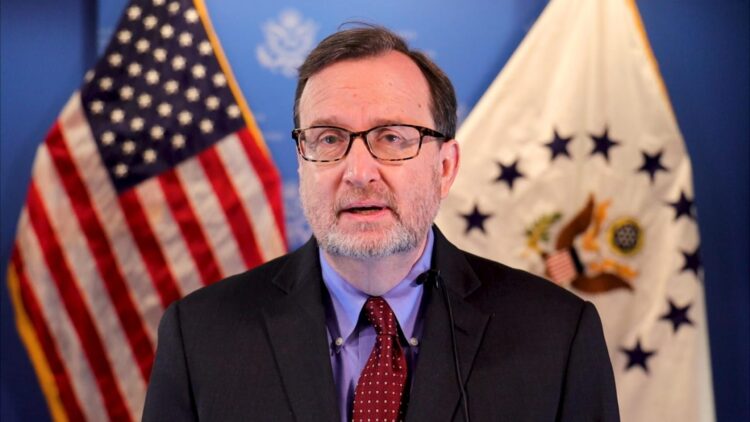
The shift was announced this past January by Richard Mills, the acting U.S. ambassador to the United Nations. In a speech, he said the United States would maintain its steadfast support for Israel and reaffirmed Washington’s endorsement of a “mutually agreed two-state solution.”
He disclosed that U.S. economic and humanitarian assistance to the Palestinians would be restored. And he called on the parties to refrain from unilateral actions, such an incitements to violence by the Palestinians and settlement activity and annexation of territory in the West Bank by Israel.
Last month, in a sharp reversal of Trump’s policy, the Biden administration restored aid to the Palestinians. The $235 million aid package, regarded as a goodwill gesture to foster better relations with the Palestinian Authority, will be channelled through the United Nations Relief and Works Agency and will be used in economic, humanitarian and security programs.
“U.S. foreign assistance for the Palestinian people serves important U.S. interests and values,” said Blinken, who intends to visit Israel next week. “It provides critical relief to those in great need, fosters economic development, and supports Israeli-Palestinian understanding, security coordination and stability.”
Israel is upset that the United States is once again funding the United Nations Relief and Works Agency, which assists Palestinian refugees throughout the Middle East.
“I have expressed my disappointment and objection to the (U.S.) decision to renew UNRWA’s funding without first ensuring that certain reforms, including stopping the incitement and removing antisemitic content from its educational curriculum, are carried out,” Israel’s ambassador to the United Nations, Gilad Erdan, said.
Nor was the Israeli government pleased by U.S. objections to Israel’s plans to expand its presence in two neighborhoods in East Jerusalem, which the Palestinians regard as their future capital. Israel intends to build 540 new apartment units in Har Homa and, until very recently, planned to evict a small number of Arab families from Sheikh Jarrah.
The United States has also registered its objection to Israeli legislation that would legalize 70 unauthorized outposts in the West Bank.
During the Trump era, Israel built about 9,000 new homes in the West Bank, which represents a 28 percent increase over the level of construction during Obama’s presidency.
“What we’re seeing is the ongoing policy of de facto annexation,” says Peace Now researcher Hagit Ofran. “Israel is doing its utmost to annex the West Bank and to treat it as if it’s part of Israel without leaving room for a Palestinian state.”

Almost 500,000 Israeli Jews currently live in the West Bank in 130 settlements and dozens of illegal outposts, which the Palestinians view as an obstacle to peace and a violation of international law. The settlers account for 15 percent of the West Bank’s population of 2.5 million.
While Trump accepted the legitimacy of the settlements, the Biden administration regards them as illegitimate, a policy in line with U.S. diplomacy since the 1967 Six Day War.
Although the Palestinians appreciate Biden’s position on settlements, they want him to reopen the PLO mission in Washington, D.C. and the U.S. consulate in eastern Jerusalem, both of which were closed by Trump after he recognized Jerusalem as Israel’s capital and transferred the U.S. embassy in Tel Aviv to Jerusalem.
Biden may well accede to these demands, but he has already made it clear that the American embassy will not be moved back to Tel Aviv, and that Washington’s recognition of Jerusalem as Israel’s capital will stand.
